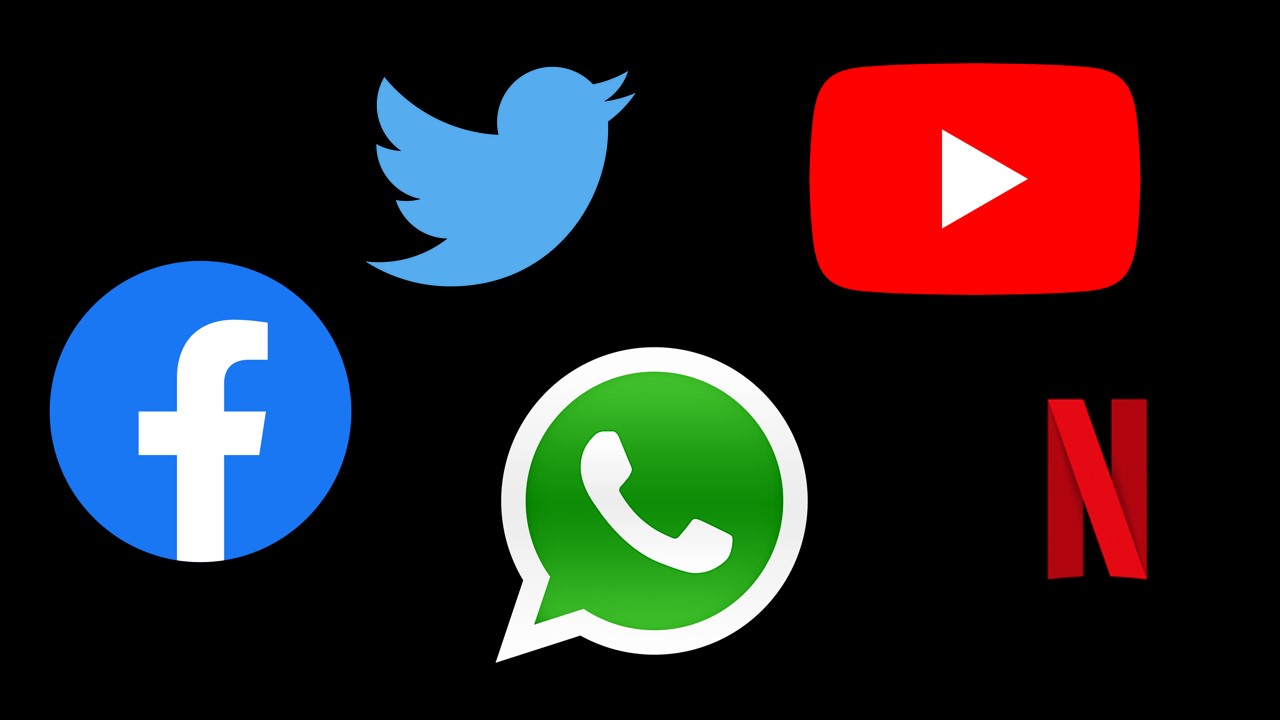The Ministry of Electronics and Information Technology (MeITY) issued new guidelines for social media companies, Over the Top (OTT) players and digital media publishers on Thursday. Most significantly, the rules for social media companies call on them to reveal the originator of a message or tweet. For players such as WhatsApp, which are end-to-end encrypted, this could mean they will be forced to break encryption in India in order to comply.
The social media platforms upon being asked either by the court or by the Govt. authority will be required to disclose the first originator of the mischievous tweet or a message: Union Minister @rsprasad#ResponsibleFreedom #OTTGuidelines pic.twitter.com/qU9A197bah
— PIB India (@PIB_India) February 25, 2021
Significant social media intermediaries guidelines
- Appoint a chief compliance officer (resident of India) who will be responsible for ensuring the compliance of the acts and rules.
- Appoint a nodal contact person (resident of India) for having 24x7 coordination with law enforcement agencies.
- Appoint a resident grievance officer who will perform the grievance redressal mechanism. These intermediaries are required to deliver a monthly compliance report on the number of grievances filed, and if/how they were redressed.
Social media platform guidelines
- Upon being asked either by the court or by the government, social media platforms will be required to disclose the originator of the mischievous tweet/ message.
- The social media platforms must have a provision for voluntary verification of users.
OTT platform guidelines
- OTT and Digital news media have to disclose details about where and how they publish content
- Grievance redressal system for Digital and OTT platforms
- Self regulatory body headed by a retired SC or HC judge
The government welcomes criticism and right to dissent but it is very important for the users of social media to have a forum to raise their grievance against the misuse of social media: Union Minister @rsprasad #ResponsibleFreedom #OTTGuidelines pic.twitter.com/nsowrwbzt0
— PIB India (@PIB_India) February 25, 2021
Javadekar also said that OTT platforms need to self-classify age-sensitive content. Platforms will need to provide a parental lock for content that is meant for users who are 13 years old and above. Additionally, the Centre says it will create a ‘Grievance Portal’ and any person with a complaint about the content on OTT platforms or digital media may register the complaint with the Grievance Portal. The complaint will first be forwarded by the Centre to the concerned entity. In case the complainant is dissatisfied with the response of the Grievance Redressal Officer, they can appeal to the self-regulating body formed for the concerned entity. Further appeals can be made to the central government.


)

)
)
)
)
)
)
)
)



